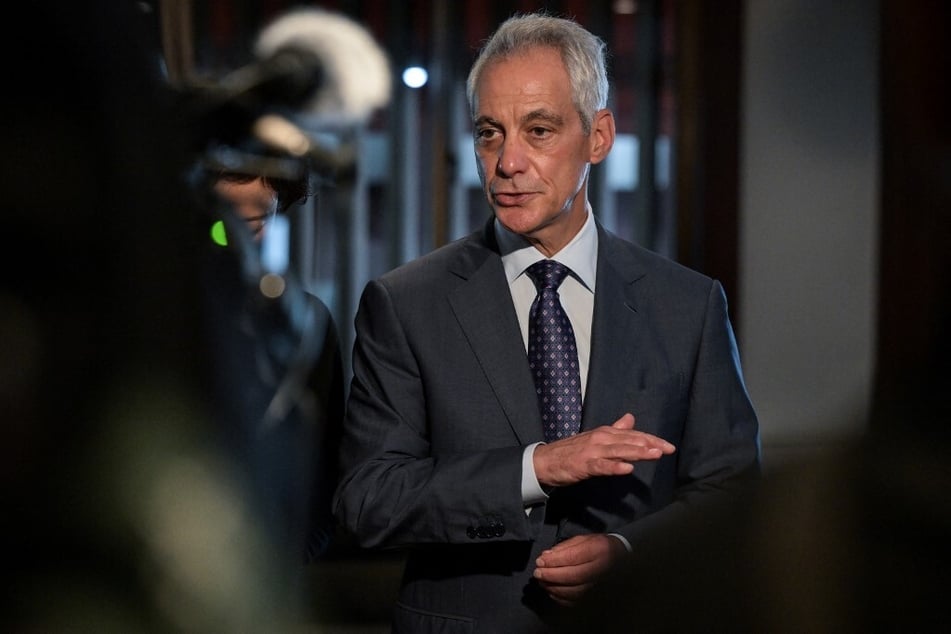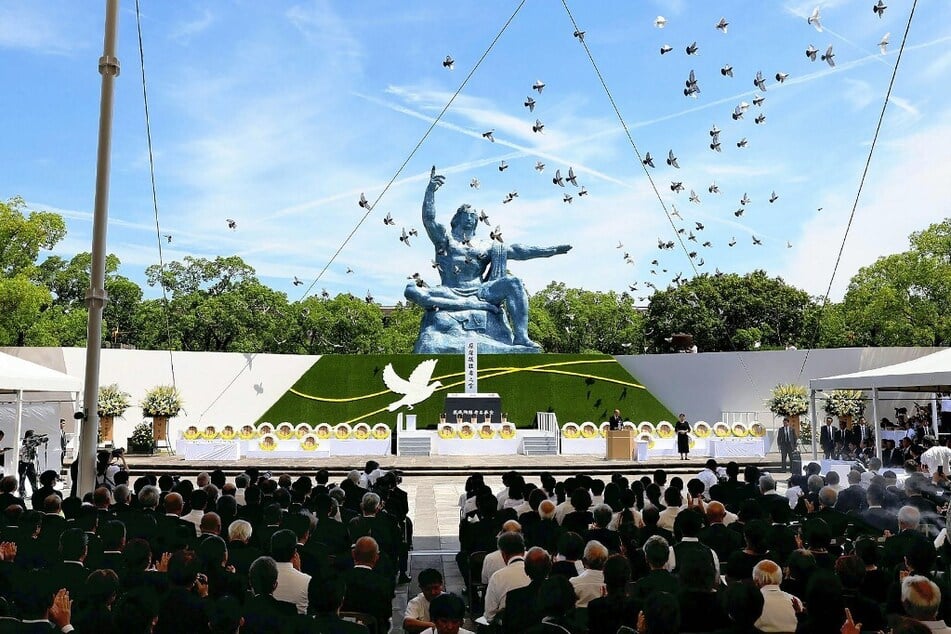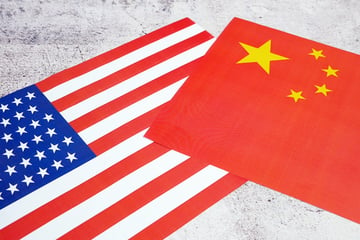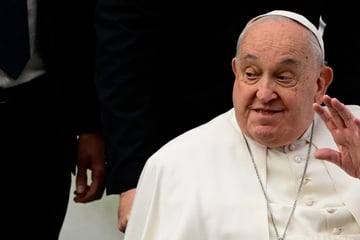US Ambassador Rahm Emanuel boycotts Nagasaki atomic bombing memorial after Israel snub
Nagasaki, Japan - The US ambassador to Japan skipped a ceremony on Friday marking the 79th anniversary of the atomic bombing of Nagasaki in protest at Israel not being invited.

Rahm Emanuel instead attended a prayer meeting at a Tokyo temple with Israeli Ambassador Gilad Cohen and Britain's Julia Longbottom, who also boycotted the Nagasaki event.
On August 9, 1945, the US dropped an atomic bomb on Nagasaki, killing 74,000 people including many who survived the explosion but died later from radiation exposure.
The bomb fell three days after the first nuclear bomb hit Hiroshima and killed 140,000 people.
Japan announced its surrender in World War II on August 15, 1945 – a move many say would have happened without the bombings.
Former US Ambassador John Roos in 2010 became the first American representative to attend the Hiroshima commemoration and followed suit in Nagasaki two years later.
Nagasaki Mayor Shiro Suzuki has insisted that Cohen's exclusion from the annual event in the southern Japanese city was "not political." Instead, it was to avoid possible protests over the Gaza siege and ensure a "smooth ceremony in a peaceful and solemn environment."
But Emanuel, former chief of staff for ex-president Barack Obama, on Friday rejected this. "I think it was a political decision, not one based on security, given the prime minister (of Japan) is in attendance," he told reporters after the ceremony at the Buddhist temple.
The snub drew "a moral equivalence between Russia and Israel – one country that invaded versus one country that was a victim of invasion," he claimed.
Russia and ally Belarus have not been invited to either Nagasaki or Hiroshima since Moscow's 2022 invasion of Ukraine.
"My attendance would respect that political judgment and political act. I cannot do that in good conscience," Emanuel said.
State Department defends Rahm Emanuel's decision to skip Nagasaki commemoration

At the Nagasaki event, Suzuki made no direct mention of Israel but expressed concerns about world peace in light of the Ukraine and Gaza conflicts.
"With no end in sight to Russia's invasion of Ukraine and fears of an escalation of armed conflict in the Middle East, important norms that have been upheld could be lost. We are facing such a critical situation," he said.
The US and Britain sent diplomats below ambassador level to Nagasaki, as did Germany, France, Italy, and the European Union. Canada and Australia reportedly followed suit.
The British and German embassies echoed Emanuel's comments about Russia and Belarus, while a spokesperson for the French embassy called Suzuki's decision "regrettable and questionable."
Cohen, who attended a similar memorial ceremony in Hiroshima on Tuesday, said last week that the Nagasaki decision "sends a wrong message to the world."
In Washington, State Department spokesperson Matthew Miller on Thursday defended Emanuel's decision.
"I think our position on it and our respect for Japan when it comes to this anniversary is well-documented, and goes beyond – far beyond – the ambassador not attending one event," Miller said.
Obama visited Hiroshima in 2016. The US has never apologized for the bombings, the only time nuclear weapons have been used in history.
Cover photo: Richard A. Brooks / AFP

